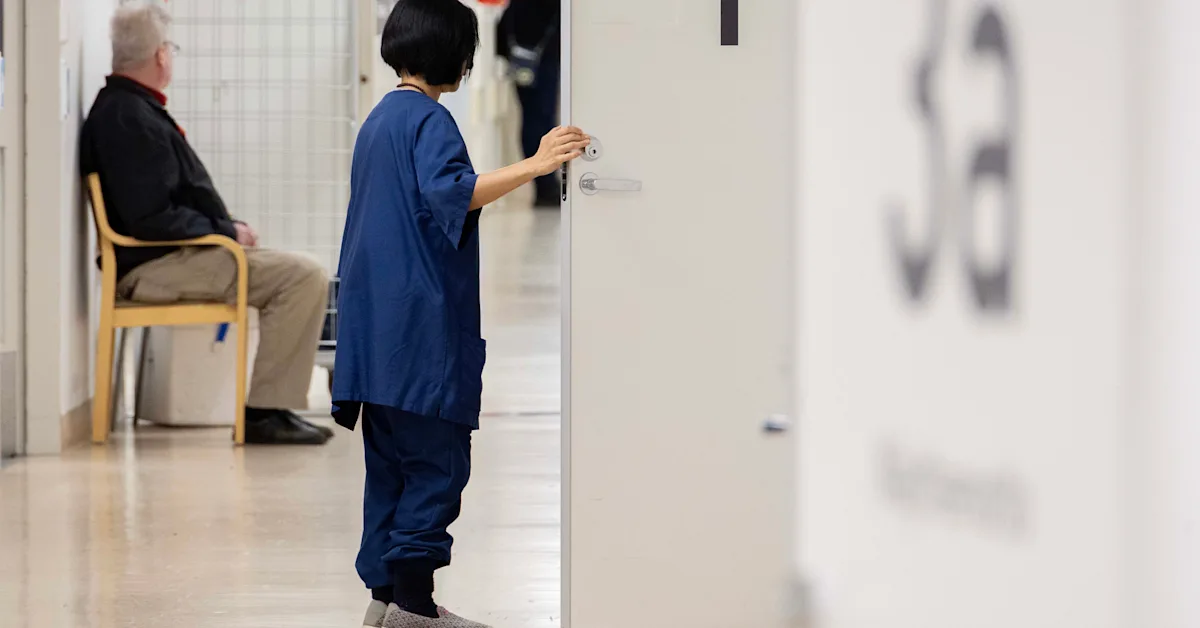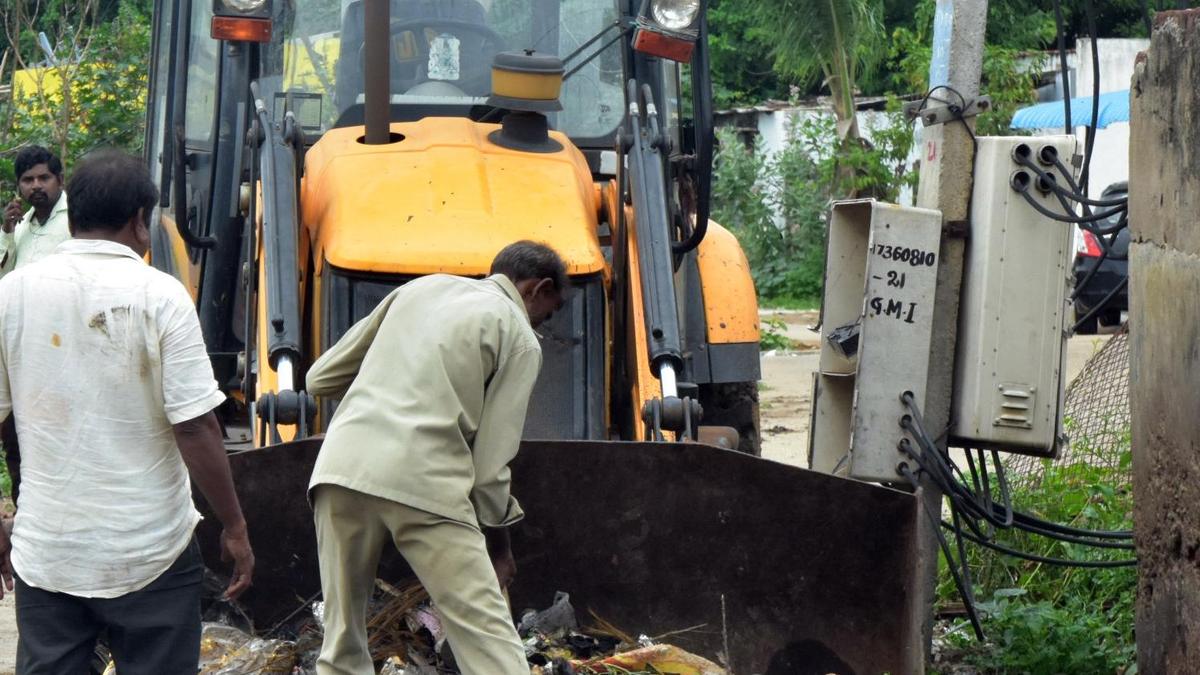Copyright yle

Far fewer foreign nurses are coming to work in Finland. Between January and April, only 32 applicants, mostly from the Philippines and Sri Lanka, received their first residence permit to work in health and social care, according to figures from Finnish immigration service (Migri). During the same period last year, the agency granted more than 570 work permits. The slowdown marks a sharp reversal from 2023, a record year in which more than 2,000 health- and social-care workers received residence permits to work in Finland. The care sector has long struggled with labour shortages. To plug the gap, Finland has sought to recruit nurses and carers from outside the European Union. Struggling municipalities The public sector's strained finances have altered the employment outlook. "The health and social care labour market is weak at the moment, and that inevitably shows in international recruitment," Satu Salonen, a senior adviser at the Ministry of Economic Affairs and Employment, told STT. Several regional wellbeing authorities plan to reduce staff this autumn. Helsingin Sanomat has reported that wellbeing services counties are aiming for between 2,000 and 3,000 job cuts. Nursing union Tehy has said planned redundancies are impacting international recruitment. "People come to Finland to send money home. You can't come here to work if you can't secure your own living, Vappu Okkeri, Tehy's chief negotiator, said via email. While the care sector has quickly gone from being short-staffed to laying people off, the ageing population and retiring staff mean demand for workers will climb again. A government report released last year estimates that Finland will need over 20,000 more nurses and practical nurses by 2030.



